Les fruits et les légumes contiennent-ils des protéines ? À quoi pensons-nous lorsque nous pensons aux protéines ? En général, c'est à la viande. La plupart des gens ont du mal à imaginer des protéines sous forme de légumes. Pourtant, de nombreux fruits et légumes fournissent à l'organisme une quantité importante de protéines.
Si vous optez pour un mode de vie végétarien/végétalien ou si vous devez réduire votre consommation de viande pour d'autres raisons, vous serez heureux d'apprendre qu'il existe d'autres alternatives pour obtenir votre apport quotidien en protéines. De plus, les suppléments protéinés vous aideront à obtenir la quantité appropriée de protéines dans votre alimentation. Lisez la suite pour en savoir plus sur l'importance des protéines et sur les autres moyens d'en intégrer à votre alimentation, en plus de la consommation de viande.
Qu'est-ce qu'une protéine ?

Les protéines sont des macronutriments naturellement présents dans le corps. Elles sont constituées d'acides aminés. Notre corps en contient de nombreux. Mais l'histidine, l'isoleucine, la leucine, la lysine, la méthionine, la phénylalanine, la thréonine, le tryptophane et la valine sont des acides aminés que nous extrayons principalement des aliments et des boissons que nous consommons. Les protéines aident à réparer les cellules et à en faire croître de nouvelles. Elles aident également à développer la masse musculaire et à améliorer le système immunitaire. Les personnes qui ne consomment pas suffisamment de protéines souffrent généralement de faim, de problèmes de peau, de fatigue, de sautes d'humeur et leurs blessures peuvent prendre plus de temps à guérir.
De quelle quantité de protéines avez-vous besoin par jour ?
Le Canadien moyen consomme suffisamment de protéines chaque jour, probablement plus qu’il ne le devrait. Cependant, les personnes qui s’entraînent, celles qui suivent un régime sans viande, les femmes enceintes et les adultes de plus de 40 ans peuvent souffrir de certaines carences. Ces groupes doivent s’assurer d’obtenir une quantité adéquate de protéines pour aider à garder des muscles forts. Les diététistes suggèrent que l’adulte moyen consomme entre 10 et 35 pour cent de protéines dans son apport calorique quotidien.
La plupart des gens consomment-ils suffisamment de protéines ?
L'apport quotidien recommandé en protéines pour les femmes est de 46 grammes et pour les hommes de 56 grammes. Les femmes enceintes auront besoin de 60 à 100 grammes de protéines pour éviter que le fœtus qui se développe à l'intérieur ne souffre de carences. Les adultes doivent veiller à consommer la bonne quantité de protéines et à éviter de trop manger ou de trop boire. L'absorption régulière de protéines dans l'organisme peut également entraîner une prise de poids, de la fatigue, de la constipation, des troubles de l'humeur, des maladies cardiaques et des problèmes d'organes. Les personnes qui cherchent à gagner plus de muscle peuvent bénéficier d'un apport supplémentaire en protéines. De plus, en vieillissant, notre corps absorbe les protéines moins efficacement.
Les fruits et les légumes contiennent-ils des protéines ?
Il n’est pas toujours nécessaire de consommer de la viande rouge, de la volaille ou des produits laitiers pour obtenir votre apport quotidien en protéines. De nombreux fruits et légumes contiennent une quantité étonnamment élevée de protéines. Voici quelques fruits et légumes qui peuvent être une bonne source de protéines.
Quels fruits contiennent des protéines ?

- Goyave
- Avocat
- Jacquier
- Kiwi
- Abricot
- Mûres
- Framboises
- Raisins
- Bananes
- Pamplemousse
- Oranges
- Pêches
- Cerises
Quels légumes contiennent des protéines ?

- Petits pois
- Épinard
- Artichauts
- Maïs
- Asperge
- choux de Bruxelles
- Champignons
- Chou frisé
- Pommes de terre
- Cresson
- Pousses de luzerne
- Brocoli
- Chou-fleur
Si vous souhaitez vous libérer des protéines d’origine animale, ces fruits et légumes vous fourniront une quantité suffisante de votre dose quotidienne recommandée de protéines.
Quels fruits contiennent le plus de protéines ?

Comme vous pouvez le voir ci-dessus, de nombreux fruits contiennent beaucoup de protéines. Cependant, si vous souhaitez vous en tenir aux fruits qui contiennent beaucoup de protéines, voici les meilleurs à consommer régulièrement en grammes par tasse.
- Abricot - 2,3 grammes
- Avocat - 4,6 grammes
- Goyave - 4,2 grammes
- Jacquier - 2,8 grammes
Quels légumes contiennent le plus de protéines ?

Tout comme les fruits, vous pouvez les consommer comme alternative aux protéines à base de viande. Voici quelques légumes contenant la plus grande quantité de protéines en grammes par tasse.
- Artichauts - 4,8 grammes
- Choux de Bruxelles - 4 grammes
- Petits pois – 8,6 grammes
- Champignons - 4 grammes
- Pommes de terre - 3 grammes
- Épinards - 5,2 grammes
Qui devrait prendre un supplément de protéines ?
Ce n’est pas parce que les viandes, les fruits et les légumes que nous consommons sont riches en protéines que tout le monde en consomme suffisamment. Les personnes qui ne consomment pas ces aliments régulièrement risquent de ne pas obtenir la quantité de protéines dont elles ont besoin pour rester en bonne santé. Si vous voulez vous assurer de consommer une dose élevée de protéines quotidiennement, il est judicieux d’inclure un supplément de protéines dans votre alimentation. De plus, ceux qui suivent un programme de remise en forme rigoureux devraient envisager de prendre un supplément de protéines. La consommation de ces suppléments après l’entraînement aidera à faire pénétrer rapidement les acides aminés essentiels dans le corps, de sorte que le temps de récupération après une séance d’entraînement soit beaucoup plus rapide et moins douloureux. Cela peut également augmenter la force et la taille des muscles.
La façon la plus courante de consommer des compléments protéinés est de prendre une boisson contenant de la poudre de protéines. Vous pouvez acheter différentes poudres protéinées comme la protéine de lactosérum, une protéine d’origine animale, ou vous procurer un complément protéiné d’origine végétale. L’une des protéines animales les plus courantes est le concentré de lactosérum. Il existe également une autre protéine d’origine animale appelée caséine, une protéine présente dans le lait qui se digère beaucoup plus lentement que les autres protéines d’origine animale. L’isolat de lactosérum aura une teneur en protéines beaucoup plus élevée.
Parmi les compléments protéinés à base de plantes, ceux à base de lentilles, de soja et de pois auront une teneur en protéines plus élevée que ceux qui n'en contiennent pas. En plus de ces protéines végétales, il existe également des poudres de chanvre, de riz brun, de graines de chia, de graines de lin , de quinoa et de luzerne. Certaines de ces poudres peuvent être combinées pour vous apporter les acides aminés essentiels naturellement présents dans les poudres de protéines d'origine animale.
En fin de compte, consommer suffisamment de protéines contribuera grandement à maintenir votre corps en bonne santé. Mais vous devez maintenir un bon équilibre pour ne pas consommer trop de protéines. Et gardez à l'esprit que vous n'avez pas besoin de consommer plus de viande pour augmenter votre apport en protéines. Au lieu de cela, les fruits et légumes riches en protéines et les suppléments protéinés peuvent vous aider à obtenir la bonne quantité de protéines dont vous avez besoin quotidiennement.


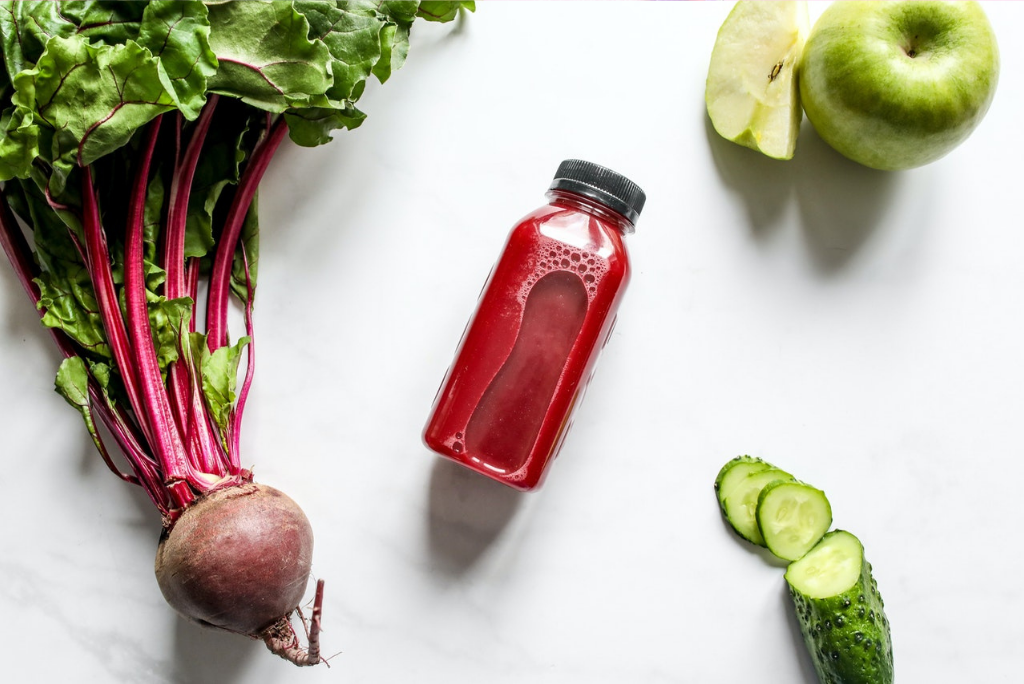

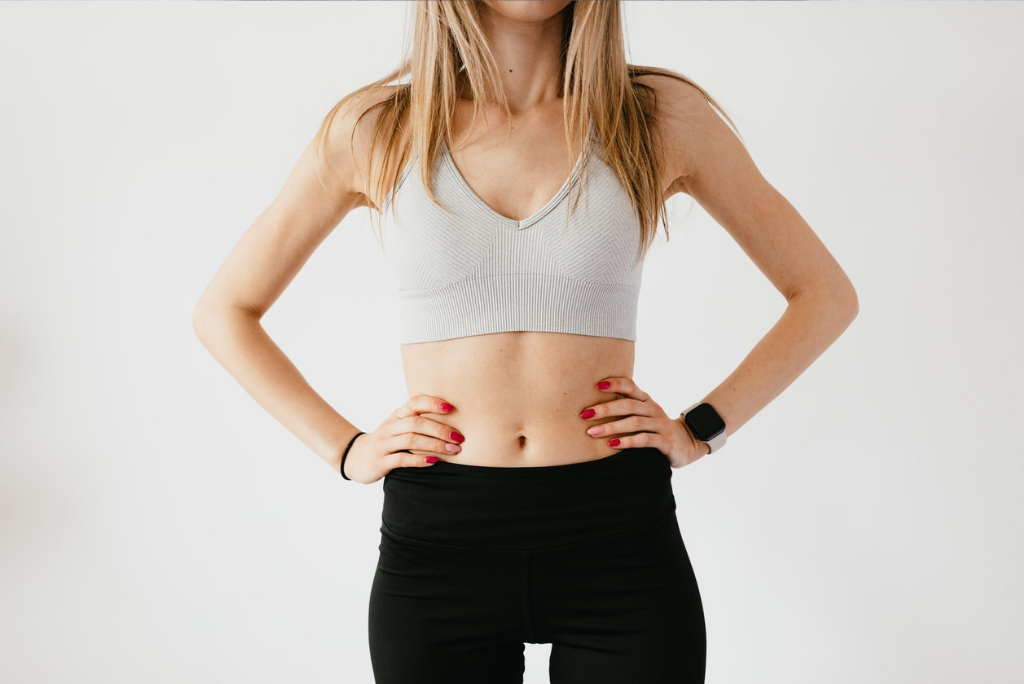
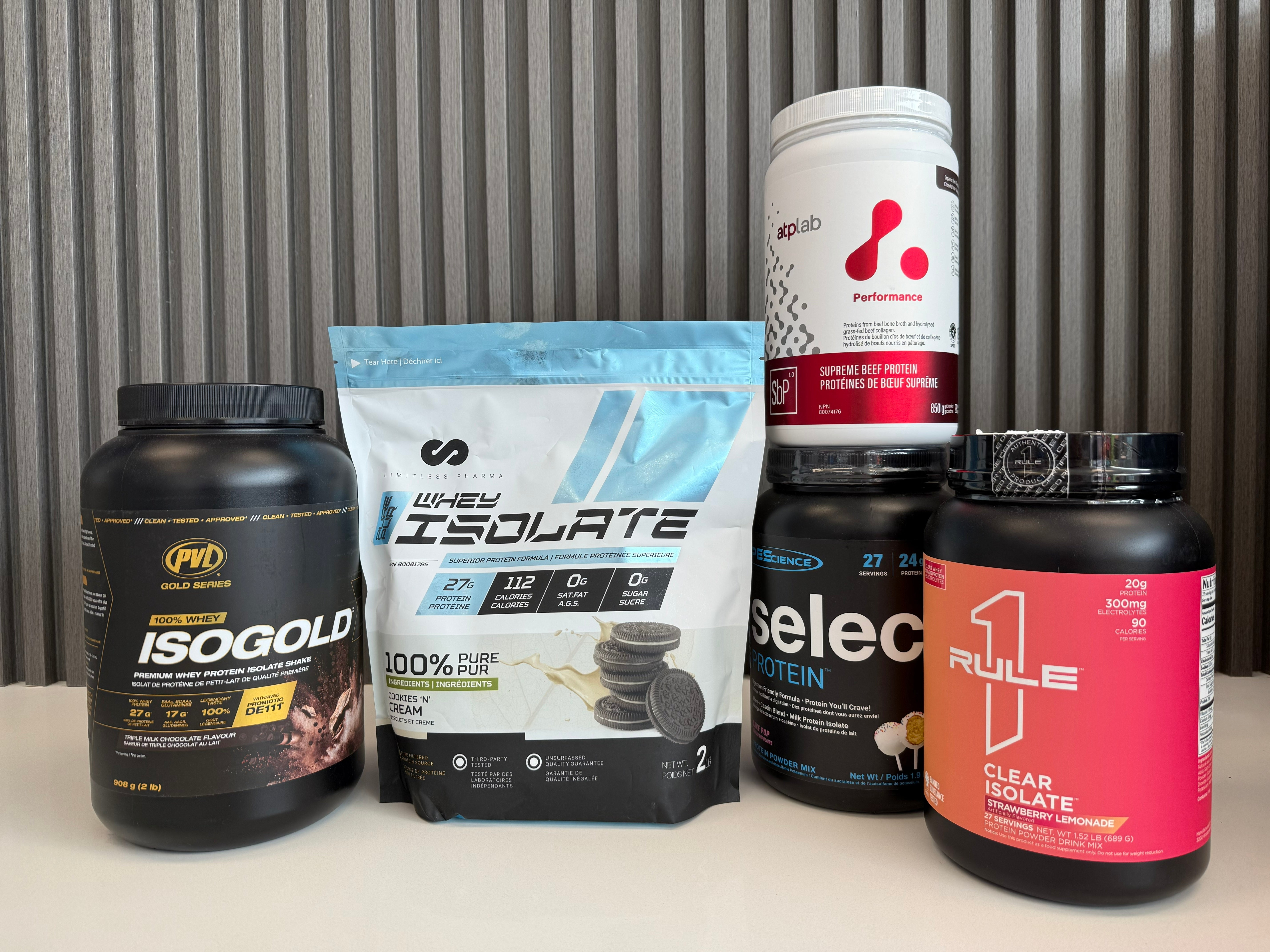
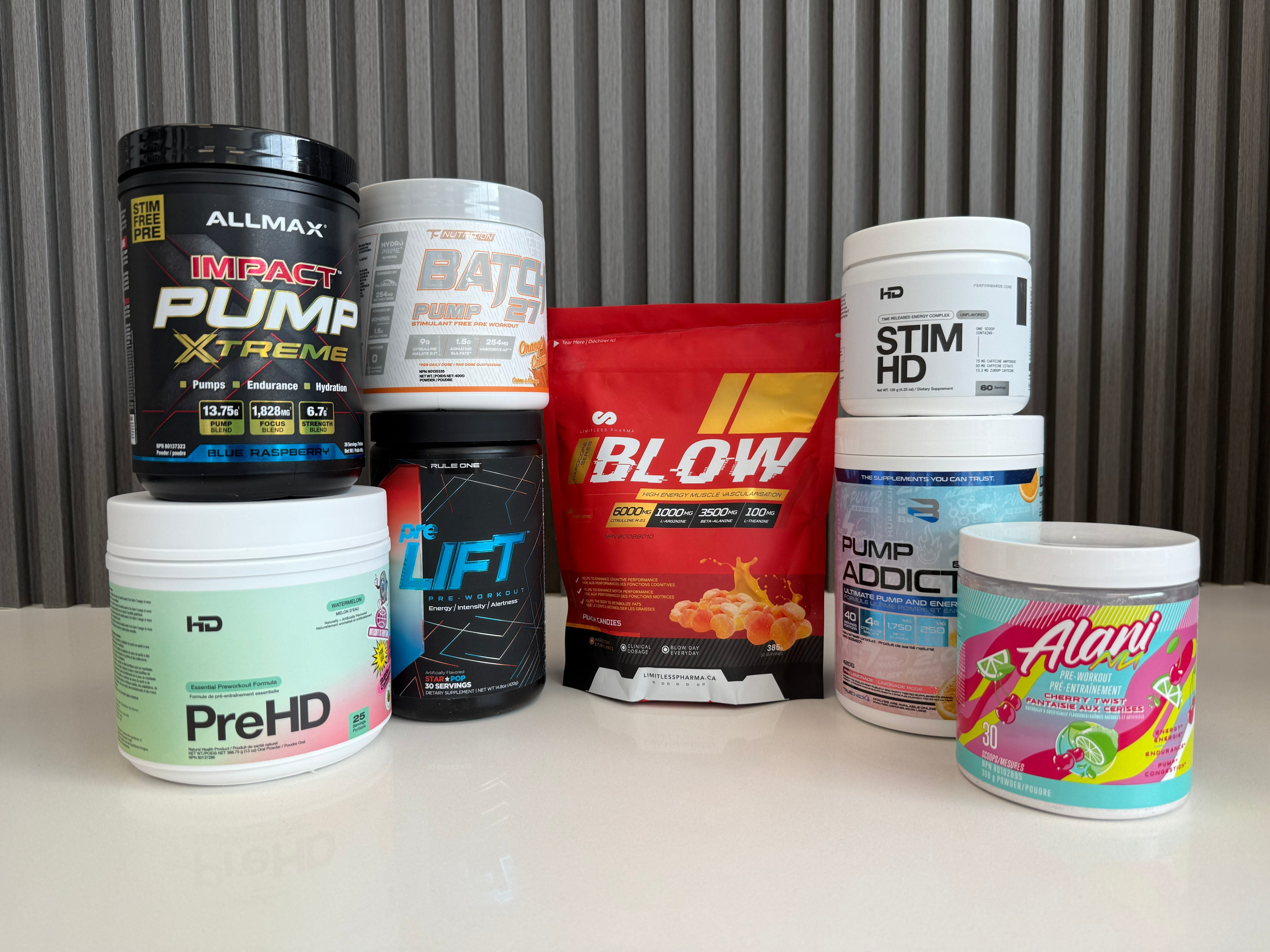
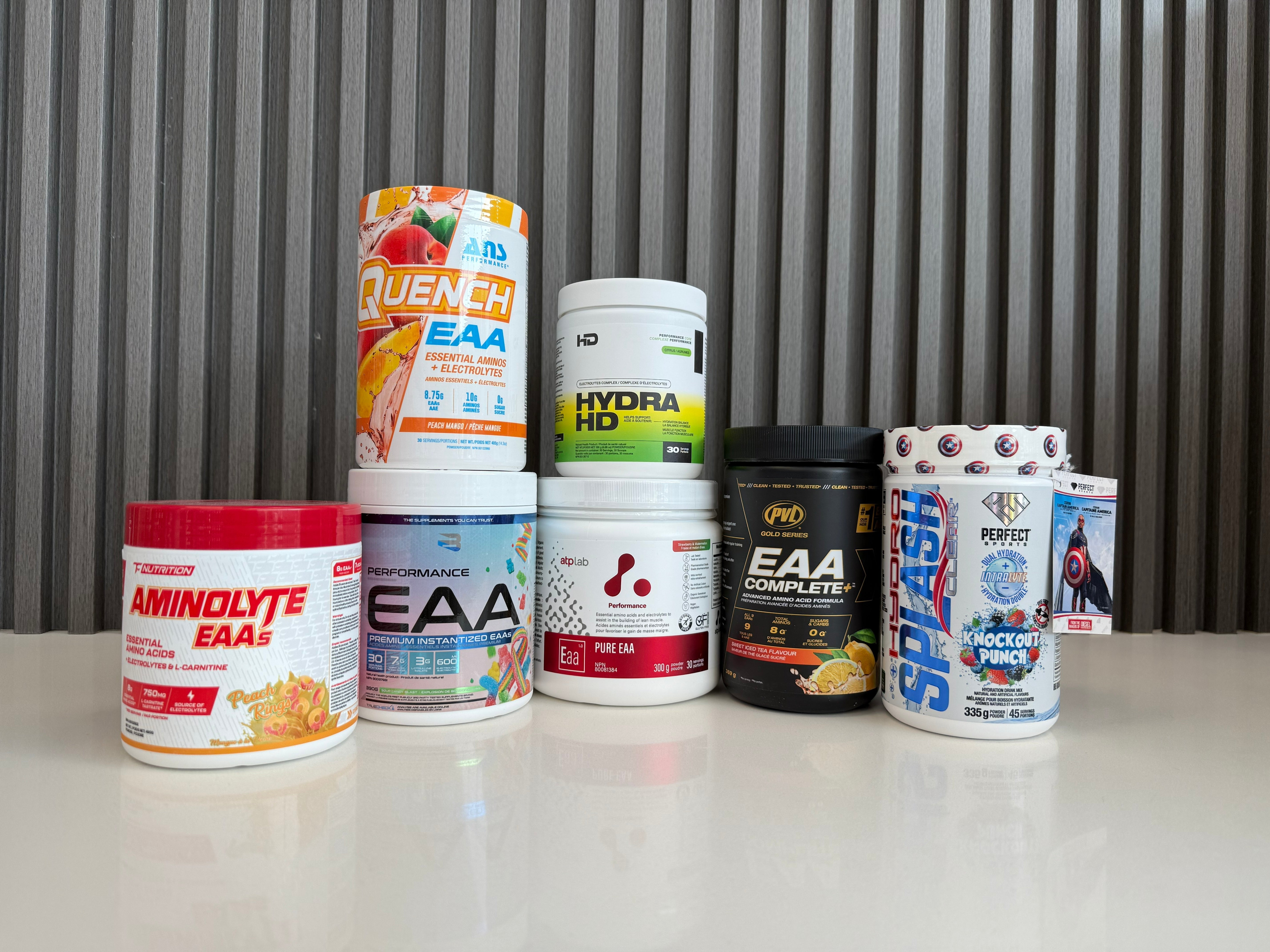
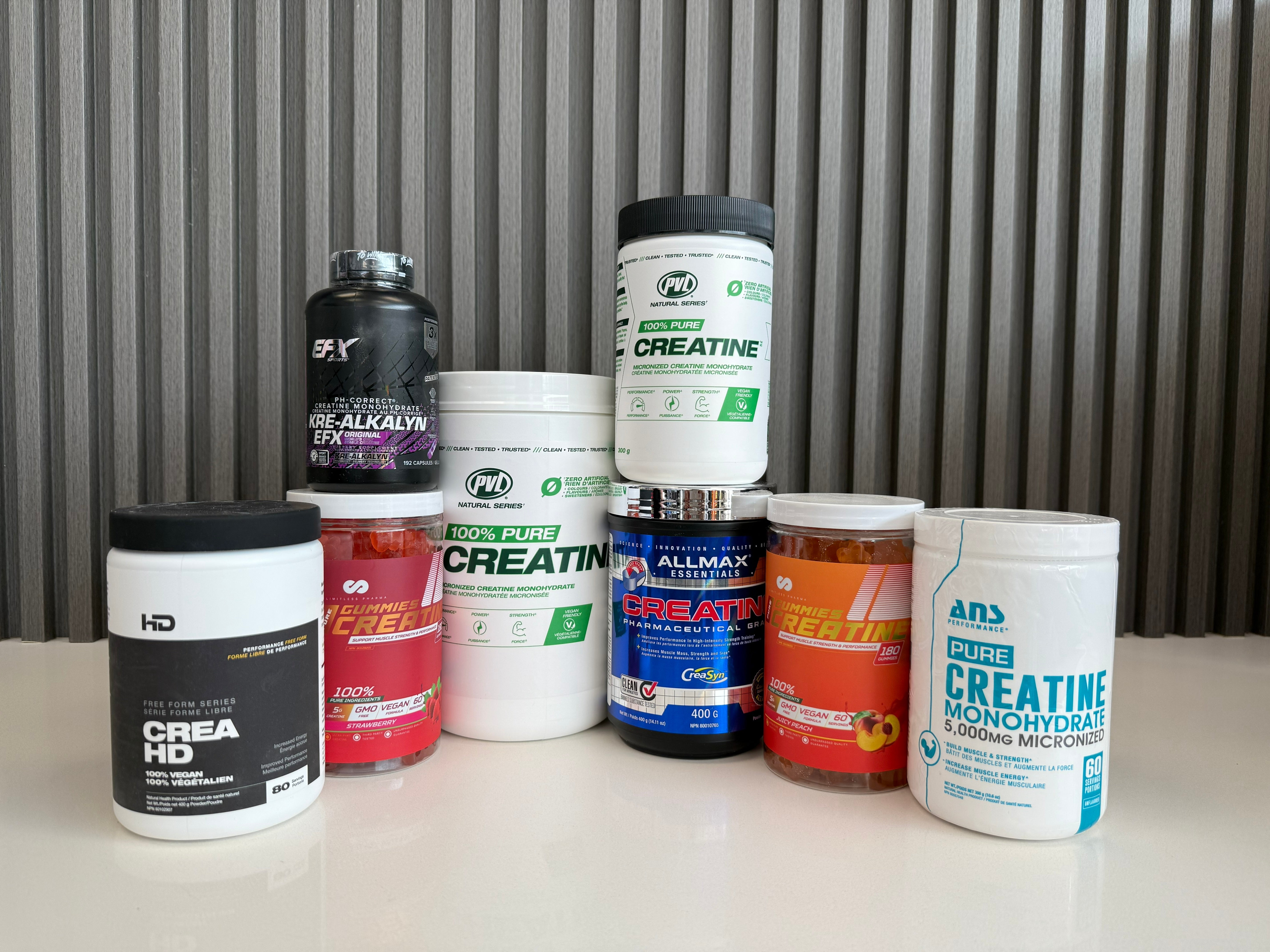
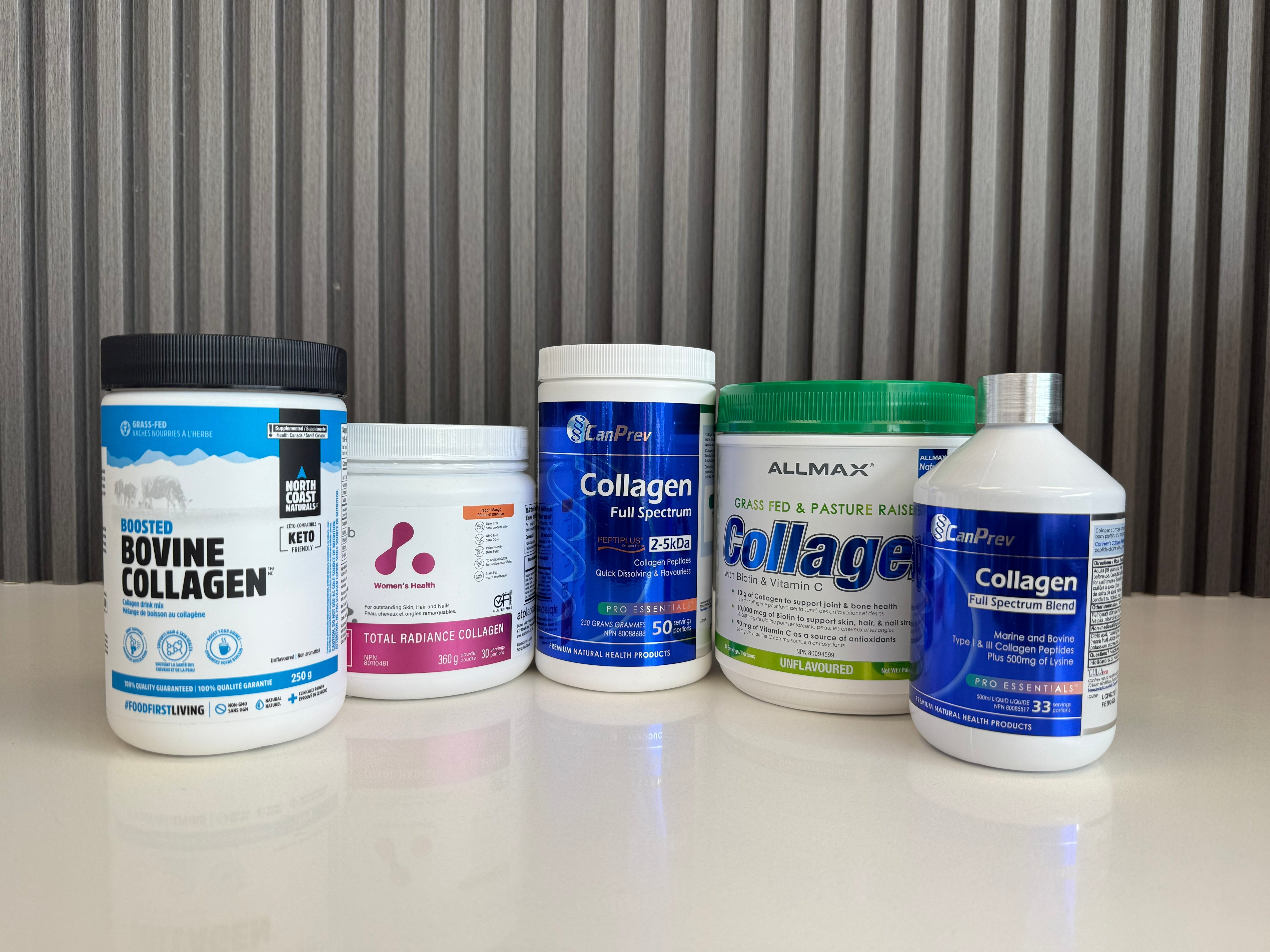
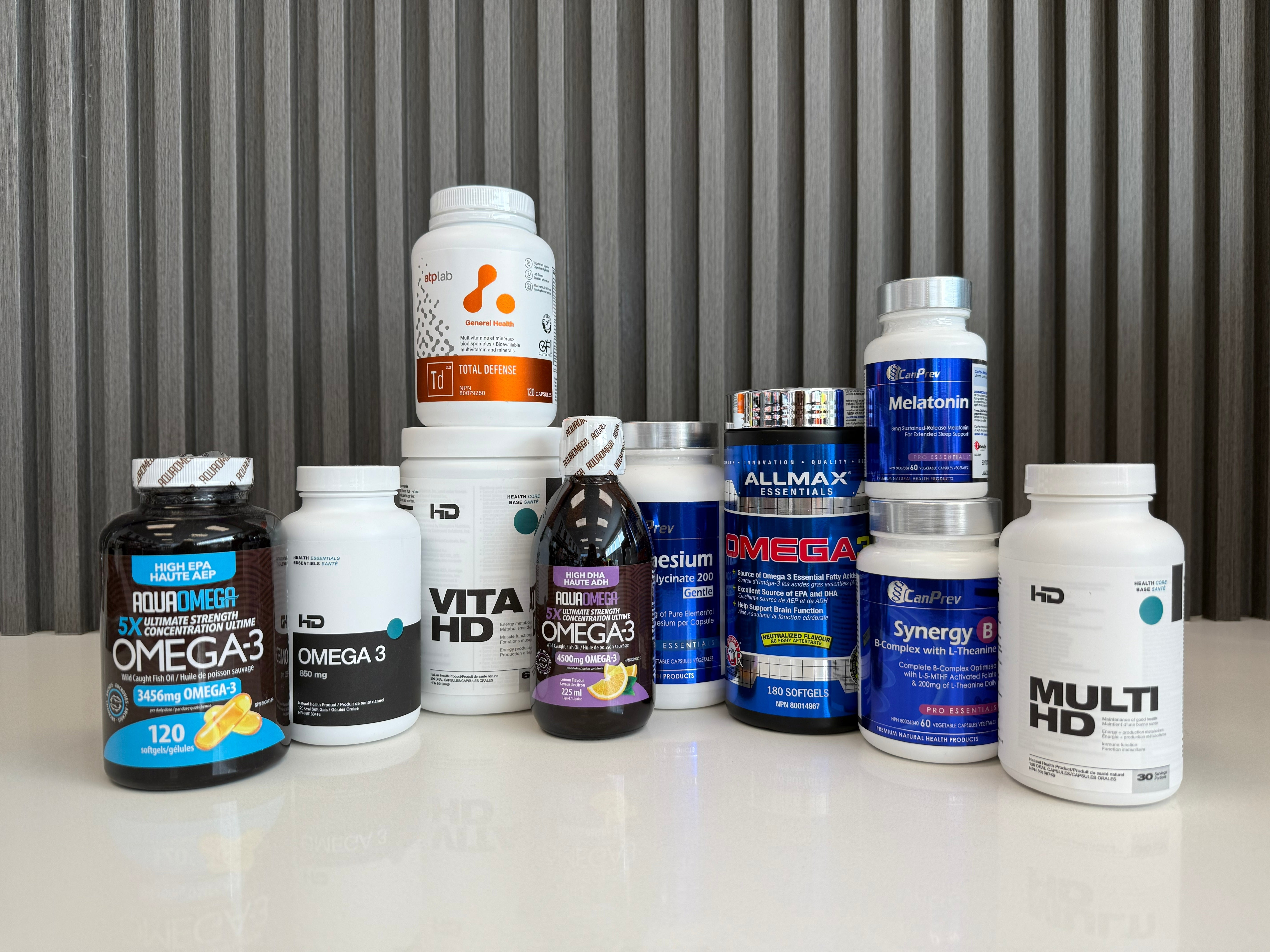
Laisser un commentaire
Tous les commentaires sont modérés avant d'être publiés.
Ce site est protégé par hCaptcha, et la Politique de confidentialité et les Conditions de service de hCaptcha s’appliquent.